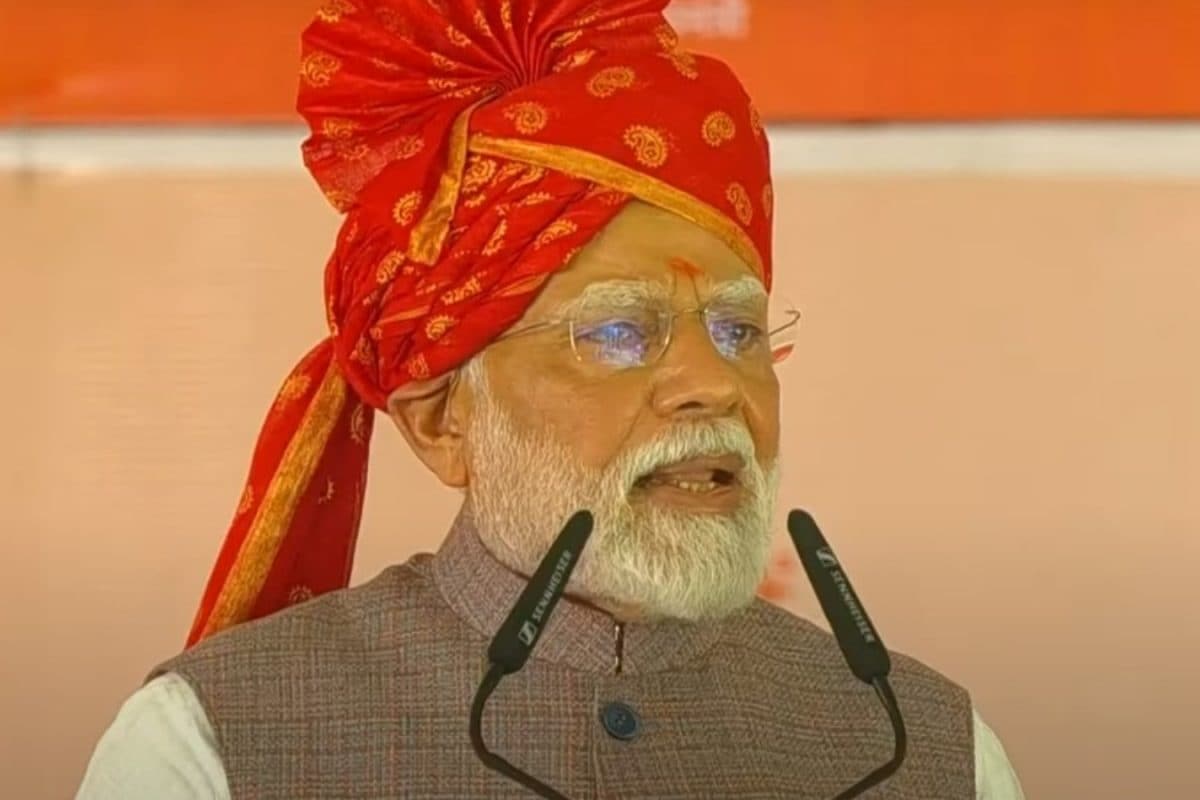

Prime Minister Narendra Modi has recently emphasized the critical importance of collaborative efforts between the central and state governments, drawing a parallel to the unified spirit of Team India. He asserted that no goal is unattainable if both entities work in synergy, fostering a sense of shared purpose and collective responsibility. This statement underscores the Modi administration's ongoing commitment to cooperative federalism, a cornerstone of its governance philosophy.
Modi's remarks highlight a recognition that many of India's most pressing challenges and ambitious development goals require a coordinated, multi-pronged approach. Issues such as poverty alleviation, infrastructure development, healthcare improvements, and educational reforms are often deeply intertwined with local contexts and require tailored solutions that can only be effectively implemented through close collaboration between the central government and state administrations. By framing this collaboration as "Team India," Modi seeks to inspire a sense of national unity and purpose, transcending political divides and regional disparities.
The concept of cooperative federalism is not new, but the Modi government has actively promoted it as a key strategy for achieving its development agenda. This approach recognizes that states are not merely administrative units but are equal partners in the nation-building process. By empowering states and fostering a spirit of collaboration, the central government aims to leverage their unique strengths and local expertise to achieve common goals.
Several initiatives launched by the Modi government reflect this commitment to cooperative federalism. The Goods and Services Tax (GST), for example, was a landmark reform that required extensive negotiations and consensus-building between the center and states. Similarly, the NITI Aayog, a policy think-tank, plays a crucial role in fostering dialogue and collaboration between the center and states on various policy issues.
The Prime Minister's emphasis on teamwork also extends to addressing specific challenges facing the nation. For instance, during the COVID-19 pandemic, the central and state governments worked together to implement lockdowns, ramp up healthcare infrastructure, and roll out vaccination programs. This collaborative effort was crucial in mitigating the impact of the pandemic and protecting the lives and livelihoods of millions of Indians.
Looking ahead, the need for effective center-state coordination will only become more critical as India strives to achieve its ambitious development goals. From achieving sustainable economic growth to addressing climate change and promoting social inclusion, these challenges require a unified and coordinated response. By fostering a culture of collaboration and shared responsibility, India can unlock its full potential and achieve its aspirations for a brighter future.
However, the path to effective cooperative federalism is not without its challenges. Political differences, competing priorities, and resource constraints can sometimes hinder collaboration between the center and states. To overcome these challenges, it is essential to foster a spirit of mutual trust and respect, promote open communication, and ensure that resources are allocated fairly and transparently.
In conclusion, Prime Minister Modi's call for the center and states to work together as "Team India" is a powerful reminder of the importance of collaboration and shared responsibility in achieving national goals. By embracing cooperative federalism and fostering a spirit of unity, India can overcome its challenges and unlock its full potential. The success of this approach will depend on the willingness of both the center and states to work together in a spirit of mutual trust and respect, putting the nation's interests above all else.